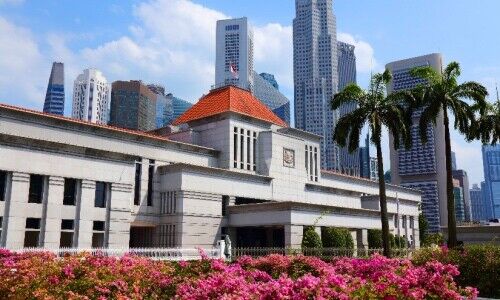Singapore Family Offices Again Face Parliamentary Scrutiny
This time, Members of Parliament ask the government where family offices are from and whether the segment is still seen as a growth sector.
The scrutiny remains high in the family office space in Singapore as parliamentarians continue to probe officials.
Still, the current round of questioning appears less specific than in July, when the government confirmed that individuals linked to the large-scale 2023 money laundering scandal had received related tax benefits.
Recent Trends
However, two questions were made this time, and both received written replies published on Tuesday on the Monetary Authority of Singapore’s (MAS) website.
The first asked whether there was a recent trend of individuals opening single-family offices in emerging markets, including the Middle East and China.
Stable Percentage
In the response, Deputy Prime Minister and MAS Chairman Gan Kim Yong indicated that many SFOs given tax incentives had come from emerging markets but that the proportion of the total population had remained stable over the last few years.
«All SFOs applying for MAS tax incentives are required to open accounts with financial institutions (FIs) in Singapore and are subject to the FIs’ due diligence checks. In addition, MAS screens the tax incentive applicants for adverse reports and money laundering or terrorism financing risks,» he indicated.
Incentives – or Not
Yong indicated that a consultation paper had been issued in July last year requiring all SFOs, including those who had not applied for tax incentives, to «establish and maintain» a business relationship with a financial institution regulated by the MAS. He added that a response to the paper would be published soon.
A second question by a member of parliament asked whether the SFO space was expected to continue to grow or not, and how many local citizens were employed in the sector.
Ancillary Services
Yong maintained the sector would continue to grow and that currently 1,700 locals were directly employed by SFOs.
«Beyond direct employment, SFOs contribute to the growth of ancillary services as they engage local service providers such as private banks, law firms, tax advisers, fund administrators and custodians,» he said.
Strong Sentiment
His comments are reflected by finews.asia piece from September that reported the ultra-rich continue to choose the city state as a hub for family offices.
While the sector is clearly buoyant and continues to grow, last year’s money laundering scandal has also certainly left a mark, something that is amply indicated by the concerns expressed in the city parliament.



























